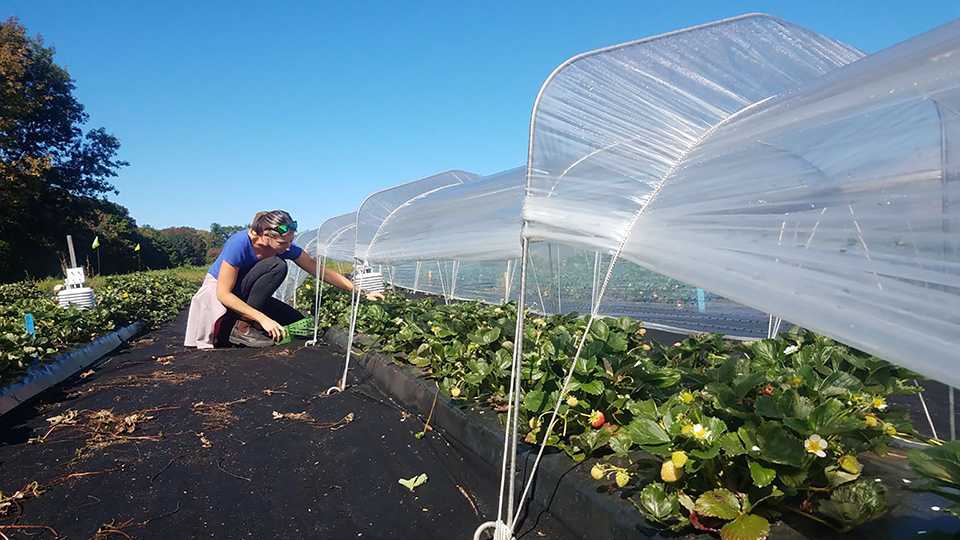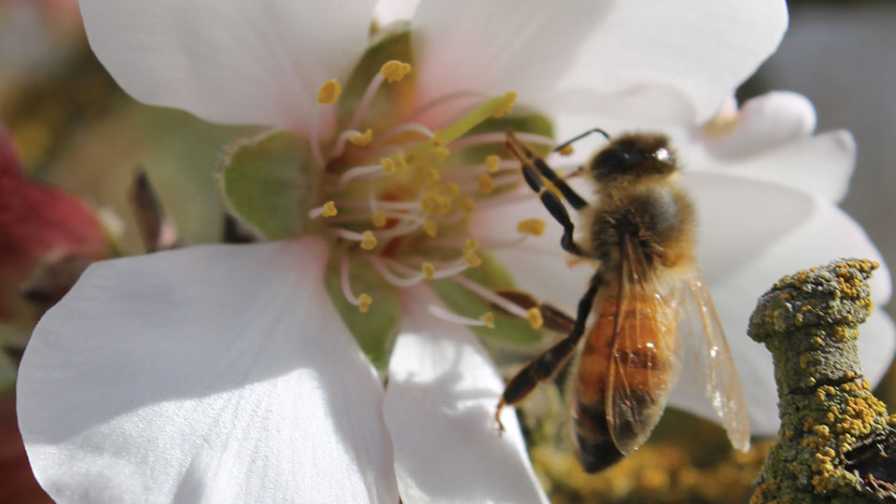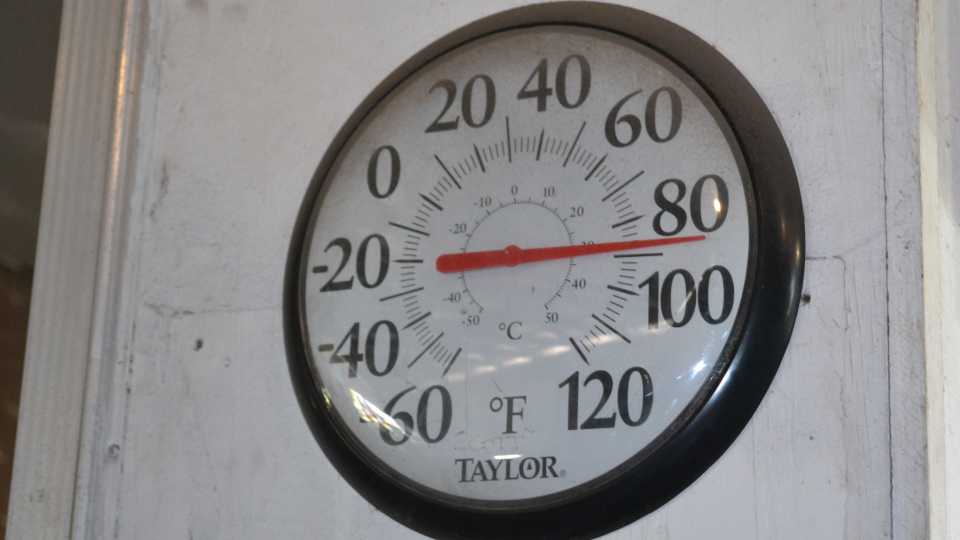Teamwork Bears Fruit In Fighting Citrus Psyllids
What has been the results of cooperative efforts among growers in your area to control psyllids?
A: The Gulf’s citrus growers were the first group in the state to put together areawide, coordinated sprays to reduce the populations of the Asian citrus psyllid. The Gulf Citrus Growers Association (GCGA) worked with UF/IFAS scientists, FDACS/Department of Plant Industry (DPI) regulators, and key grower leaders in our region to begin this effort based on the scientific information related by Dr. Phil Stansly, UF/IFAS, and others. For the past three seasons, citrus growers have been coordinating and enhancing the regional effort or citrus health management areas (CHMAs). According to the data that has been collected throughout the process, including pre- and post- sprays, the populations of psyllids have been greatly reduced.
The Gulf region’s CHMAs are now gearing up for what is called Round 4. We have been meeting with FDACS/DPI leadership to review the results of the enhanced psyllid surveys that are being conducted throughout the state. This data is going to be used to identify the “hot spots” so that more-intensive efforts can be put in place to communicate with the growers in those areas.
Our CHMA team captains have met with the scientists and regulators and agreed that we will be implementing two dormant areawide sprays again this season.
The results of the areawide, coordinated sprays indicate that these tactics have been successful. It is estimated that more than 100,000 acres of citrus were being sprayed aerially or by ground during the last two seasons. The results are that there are less and less psyllids during the surveys. The results have also shown that the spraying is even more effective in the core areas.
What has GCGA done to help growers deal with the difficult labor situation?
A: Back several years ago, we formed a partnership with the U.S. Department of Labor (DOL) to help better educate our growers, crew leaders, and labor contractors on all the top and new compliance issues. To help do this, we host an annual seminar with DOL, Florida’s Department of Professional Regulation, OSHA, and other agencies that have a hand in regulation of labor. In the seminar, we cover the waterfront of labor issues like transportation, housing, and pending immigration reform.
There is a tremendous amount of concern regarding labor, so that is why we had a record turnout for this year’s seminar. I think there is an expectation there will be shortages of labor at some point during this harvest season. With Georgia and Alabama recently having both passed strict immigration laws that include E-Verify, we just don’t know what kind of impact this is going to have on our labor supply here in Florida.
Is there anything else you’d like to share?
A: The other major issue we are facing in this region is water. We’ve been focused both on water quality and quantity, but right now quantity is the area of biggest concern. Nearly half of our region’s citrus irrigation relies on water from Lake Okeechobee. So the prolonged drought has been a major worry. Even though we’ve gotten rains lately and lake levels are up, we’ve got to get through this dry season, which is predicted to be drier than normal.
We have been working closely with Florida Agriculture Commissioner Adam Putnam and the water management district to get through this dry season and hopefully will be able to supply the critical irrigation resources growers will need.










